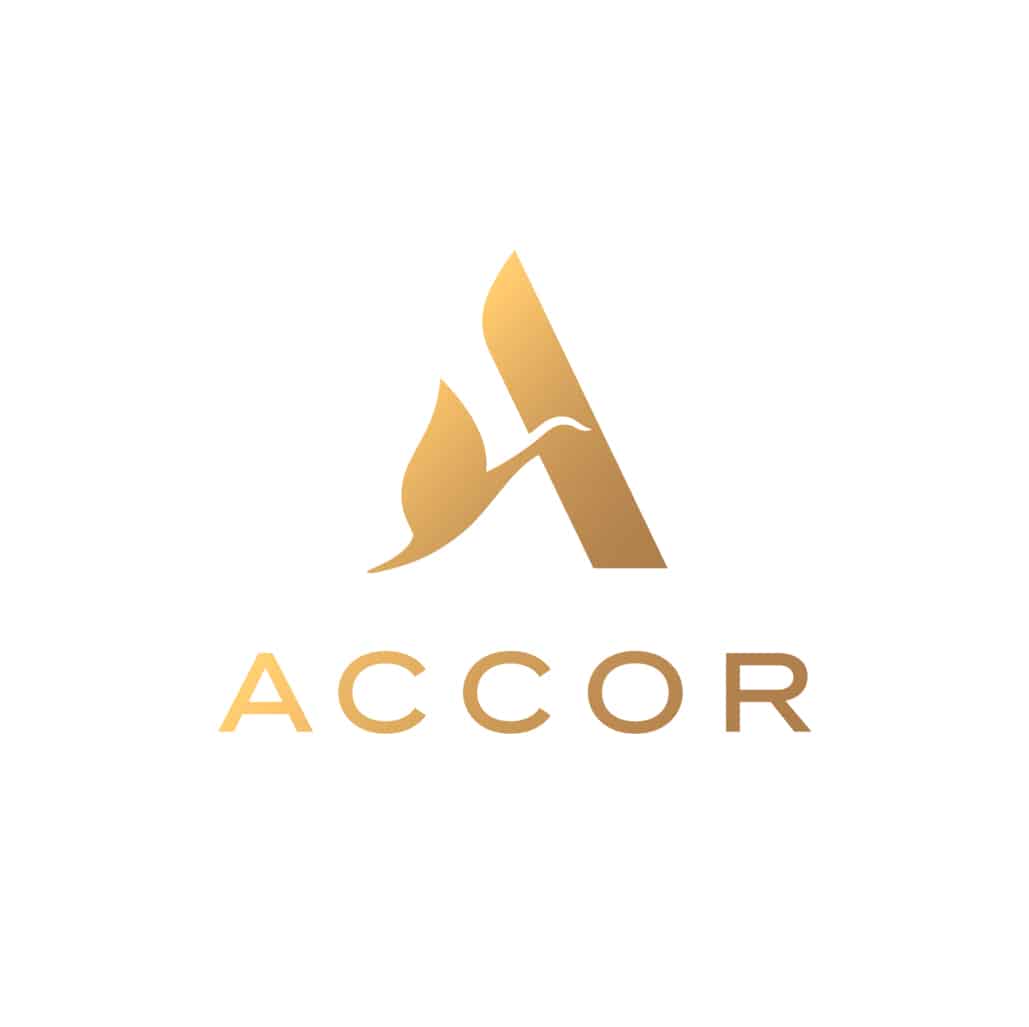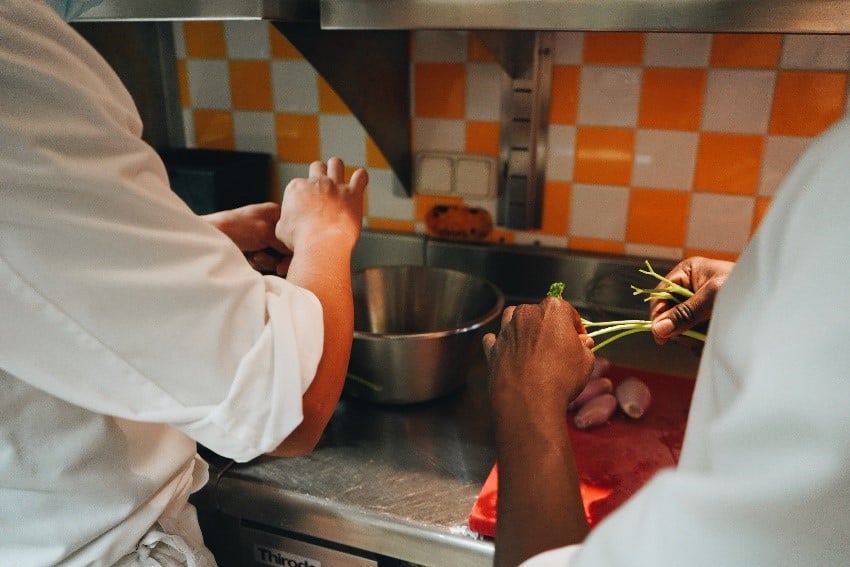Recovering 65% of the operating waste from the group’s hotels

Terms of the action or commitment
The objective is to sort and recycle all hotel operating waste (food waste, packaging, etc.) (all treatment excluding landfill and incineration).
Levers mobilized for circular economy (according to Ademe)
Implementation timeline
Starting year
2016
Ending year
2022
Main actors mobilized
Internal actors
Hotel and headquarters teams: Planet 21, technical, purchasing
External actors
/
Geographic area
Hotel Subsidiary, managed and franchised
Photo / Video
2022 follow-up of the action
Date of follow-up
End December 2021 (2022 data not available for the moment)
Methods of validation of the follow-up
Internal monitoring via the "Accor waste module" offered to hotels to manage and monitor their waste. This tool is integrated into GAIA, the sustainable development management tool for hotels. The data has been verified by an internal environmental expert and by auditors as part of the annual audits of the data in the reference document
Status of the action
In progress
Completed
a) Results
Achieved
Partially achieved
Not achieved
b) Numerical / Qualitative information
Cancelled
Explanations
Comparison with the projected pace in the last publications
Keeping up with the times
In advance
Delayed (2022 - because of COVID)
Partial / Final results
In 2021, 58% of waste was recovered. This represents a 2% increase over the previous year, with an increase of approximately 5% in the number of hotels listed (729 hotels in 2022 vs. 695 hotels at the end of 2020).
Company's comments
To reach the target of recovering 65% of waste by 2021, Accor defined its waste policy in 2016, a document for hotels that restates the challenges and sets three new priorities:
– priority 1: have 100% of hazardous waste treated in approved facilities;
– Priority 2: reduce the quantity and volume of the most important categories of waste, namely food waste, packaging waste, paper waste;
– priority 3: sorting and recovering the main waste generated by the Group’s activities through material recovery, reuse and recycling (excluding incineration, including with energy recovery).
The deployment of the waste management program and tools is an on-going process in the hotels, albeit at a slower pace than the one set in the roadmap. Due to the covid epidemic and insufficient reporting by hotels (although progress has being made), the commitment has been delayed and will be reviewed in the context of the future strategy. The deployment of the waste management program and tools has continued in the hotels, but at a pace that is insufficient to achieve the target. Accor continues to seek solutions to reduce the amount of waste, improve the recycling rate and encourage a circular economy approach, particularly in the context of its calls for tenders.
– priority 1: have 100% of hazardous waste treated in approved facilities;
– Priority 2: reduce the quantity and volume of the most important categories of waste, namely food waste, packaging waste, paper waste;
– priority 3: sorting and recovering the main waste generated by the Group’s activities through material recovery, reuse and recycling (excluding incineration, including with energy recovery).
The deployment of the waste management program and tools is an on-going process in the hotels, albeit at a slower pace than the one set in the roadmap. Due to the covid epidemic and insufficient reporting by hotels (although progress has being made), the commitment has been delayed and will be reviewed in the context of the future strategy. The deployment of the waste management program and tools has continued in the hotels, but at a pace that is insufficient to achieve the target. Accor continues to seek solutions to reduce the amount of waste, improve the recycling rate and encourage a circular economy approach, particularly in the context of its calls for tenders.

